
OTT Education: Revolutionizing the Way Learning Content Is Delivered
The demand for online learning is increasing, OTT education is not just a temporary solution but has become an indispensable part of the global education ecosystem. So what exactly is OTT in education and how does it work? Let’s explore these interesting aspects with Thu Do Multimedia in the article below.
Understanding OTT Education

OTT education, also known as “Over The Top” in the education sector, refers to the delivery of educational content over the Internet without going through traditional platforms such as schools or training centers.
OTT education uses Internet technology to deliver learning content, including videos, online materials, and learning applications. This allows users to access courses, lectures, and learning resources anywhere and anytime they have an Internet connection.
Outstanding features of modern OTT education
OTT education, also known as online education, has many outstanding features that help improve the learning experience for learners.
Flexibility
OTT education brings outstanding flexibility to learners and educational institutions. With OTT solutions, learners can access teaching content anytime, anywhere with just an internet connection. This is especially useful for businesses that need to train staff in many different locations or schools that want to provide remote classes.
This is a great advantage for modern life and international integration, people often have to do many different jobs at the same time, learning through OTT helps learners be proactive in the learning process and master their own knowledge and skills quickly. An office worker who goes to work for 8 hours, when he comes home, he can still take an in-depth online Marketing course on Coursera at 9pm, this is a prominent feature that a traditional educational platform can hardly flexibly meet.

Students can participate in educational OTT anywhere, study at school, and combine dual degrees on the OTT platform flexibly and conveniently while still achieving a certificate of a prestigious course, giving students many opportunities to explore the treasure trove of knowledge.
Diverse content
One of the biggest advantages of educational OTT is its rich, diverse content, suitable for all ages and learning needs. OTT can provide from traditional lectures, videos, documents, seminars to interactive courses and periodic tests.
Enterprises and educational organizations can build an integrated learning system with many different types of content, helping learners absorb knowledge more intuitively and deeply. Diverse content not only attracts learners but also helps maintain learning motivation and increase teaching effectiveness.
Because each learner will have an effective way of absorbing knowledge in different forms of presentation, that is an advantage when choosing the right online courses. Learners can listen to lectures through online video lectures, and easily re-read ebook documents or watch videos when they need to find information again.
Read more: Most popular tools used in Edtech
Supporting technology
The means of recording lectures by teachers or the learning means of students all use technology, thanks to which both sides can easily access each other. Nowadays, learning and teaching equipment are very modern, so students can quickly participate in online courses.

Educational OTT uses advanced technologies such as artificial intelligence (AI), big data (Big Data) and machine learning (Machine Learning), helping to personalize the learning experience. Features such as recommending suitable content, analyzing learning progress and providing improvement suggestions help learners and organizations easily optimize the training process.
Not only that, with a high security system, educational OTT also ensures information security and user privacy. These technologies make educational OTT a powerful tool, not only providing content but also supporting monitoring and evaluating learning effectiveness for both learners and organizations.
It is the development of modern technology that has created a shift to educational OTT, which is considered a revolution, completely changing people’s perception, behavior and learning habits. Helping people easily access information, intuitive and proactive knowledge in the new era of 2024.
Benefits of OTT Education over Traditional Education – Differences that Create a Digital Education Revolution
Save Time and Costs
OTT Education helps businesses and educational institutions significantly reduce operating costs and training time compared to traditional education. With the OTT platform, there is no need to invest in expensive facilities or printed materials; instead, all teaching content is digitized and transmitted over the internet.
This not only saves costs on infrastructure and materials, but also reduces travel time for both learners and lecturers. This can reduce training time by up to 40% compared to traditional methods. Learners can easily access lectures right from their personal devices, optimizing learning time while still achieving the expected results.
Increased Accessibility
OTT Education allows organizations to expand their training scope without being limited by geography. Learners from anywhere can take online courses, as long as there is an internet connection.
This is especially beneficial for businesses with many branches in different regions or educational institutions that want to reach students in remote areas. The wide accessibility of OTT helps bring equitable learning opportunities, improve knowledge for all subjects, contributing to building a high-quality human resource team.
Without connection technology, it is difficult for a lecturer to create a specialized course and deliver it to hundreds or thousands of students nationwide. OTT education allows for multilingual, multi-platform, multi-national, multi-personal connection. What traditional education costs a lot of money, such as tuition, airfare, living expenses, etc., so that a student from another country can study abroad.
Higher Interaction
Compared to traditional learning methods, educational OTTs often provide higher interactivity thanks to advanced technologies such as video calls, online chats and virtual whiteboards.
Learners can easily ask questions, discuss and share ideas during the learning process, creating a vibrant and dynamic learning environment.
Businesses and educational institutions can also design courses with interactive content, tests or gamification to increase learner participation and engagement. This interactivity helps improve training efficiency, ensuring that learners acquire knowledge proactively and creatively.
Read more: Online learning statistics 2024
Monitor learning progress
In the traditional way, teachers need detailed notebooks for each student such as lesson books, student handbooks, transcript books, etc. And with the support of class monitors, deputy class monitors, red flags, etc. to closely monitor the learning situation of students in the class. Is it complicated, confusing and time-consuming?
One of the outstanding benefits of OTT education compared to traditional education is the ability to track learning progress through analytics and reporting tools. Modern OTT systems provide dashboards that help lecturers and businesses easily monitor the learning process of each individual, from study time, number of completed assignments to scores.
This information helps organizations have a comprehensive view of training effectiveness, quickly adjust teaching content and methods if necessary, thereby ensuring that learners achieve learning goals and develop to their full potential.
The above benefits not only help educational institutions and businesses save resources but also improve training efficiency comprehensively. OTT education solutions have become an ideal choice for organizations that want to optimize the learning process and meet diverse training needs in the current digital transformation context.
Potential areas of OTT education
Although it is online education, there are many potential areas where businesses can deploy the OTT education model.
Corporate training

OTT education is an ideal tool for businesses that need to train employees on professional skills, work processes or other important knowledge. With OTT, businesses can build online courses that are tailored to the specific work of each department, allowing employees to access learning materials at any time. This not only optimizes costs but also ensures that employees in different areas receive uniform and consistent knowledge.
General and higher education
OTT education is also very useful in the formal education sector, from primary to university. Schools and universities can use OTT to provide online lectures, rich learning materials and interactive exercises. In particular, this form of learning is suitable for distance learning courses or blended education programs, helping students and students to be more flexible in their learning, while also making it easier for teachers to manage and evaluate their learning progress.
Vocational skills training
OTT education is an effective solution to provide short-term courses on vocational skills such as information technology, graphic design, project management, digital marketing, and many other soft skills. This helps individuals and businesses easily improve their expertise and keep up with new trends in the industry.
Medical and health training

In the medical field, OTT education can provide training and knowledge updates for doctors, nurses and medical professionals. This is an ideal means for distance training on new techniques, treatments or hospital management.
Sports and health training
Training centers or individuals can provide training videos, nutrition advice and training plans to users through OTT platforms. Learners can track their own training progress and adjust their training regimen to suit their physical condition and personal goals, creating a more positive and autonomous learning experience. This is a prominent business model in modern times, when people are looking for a healthy lifestyle, online sports training is welcomed by many students.
Life skills training and personal development
In the field of life skills, educational OTT serves as an ideal platform to popularize personal development courses such as time management, communication, leadership skills and creative thinking. These courses help learners improve important soft skills and enhance their quality of life.
Start your OTT education streaming journey
2025 is the golden time for you to decide to launch your business’s online course, because this is the time when customers have been educated about the importance and necessity of participating in OTT education, so they will easily and quickly make a decision to buy the course.
Take the first steps of your business and discover the interesting things in OTT education.
Thu Do Multimedia – the world’s leading provider of comprehensive OTT solutions, will help businesses build a professional educational video platform, monetize and sell online courses intelligently right from the start.
1. Build a custom streaming platform for your business
Thu Do Multimedia offers a solution to build a custom OTT education streaming platform, meeting the specific requirements of each organization. Not only providing streaming technology, Thu Do Multimedia supports flexible OTT platform design according to training goals, brand style and scale of use.
With more than 10 years of experience developing VTVcab on television platform, creating hundreds of thousands of unique and vivid football, film, advertising designs, etc., it will certainly create authentic, inspiring and exciting lectures for the business’s students.
Thanks to that, businesses and educational institutions can easily create a unified online learning ecosystem, suitable for the desired user experience and optimize their teaching process.
2. Seamless, uninterrupted video playback
Thu Do Multimedia is committed to providing a stable and high-quality video playback experience, regardless of where the user is or what device they use. The optimal streaming system helps learners easily access learning content anytime, anywhere, ensuring the learning process is not interrupted.
After receiving the completed long video from the customer, Thu Do Multimedia will apply the Sigma Transcoder solution to process and divide the content into micro-segments.
With this technique, the video is optimized for smooth streaming every second, ensuring a seamless experience for viewers even when there are changes in bandwidth or network conditions.
Sigma Transcoder technology helps maintain stable image and sound quality, just like how Sunsilk brings smooth hair, Sigma Transcoder ensures that the business video is transmitted smoothly and attracts viewers from start to finish.
3. Ensure the copyright of educational OTT is protected
When cooperating with Thu Do Multimedia, educational institutions can be completely assured of content ownership. Thu Do Multimedia ensures lifetime ownership of all documents and courses developed on the OTT platform, protecting the organization’s intellectual property and helping to maintain the exclusivity of teaching content. Sigma DRM solution is a leading solution of Thu Do Multimedia, we have achieved Cartesian certification – the world’s leading certification for copyright protection. We are one of 20 global enterprises that own this prestigious certification.
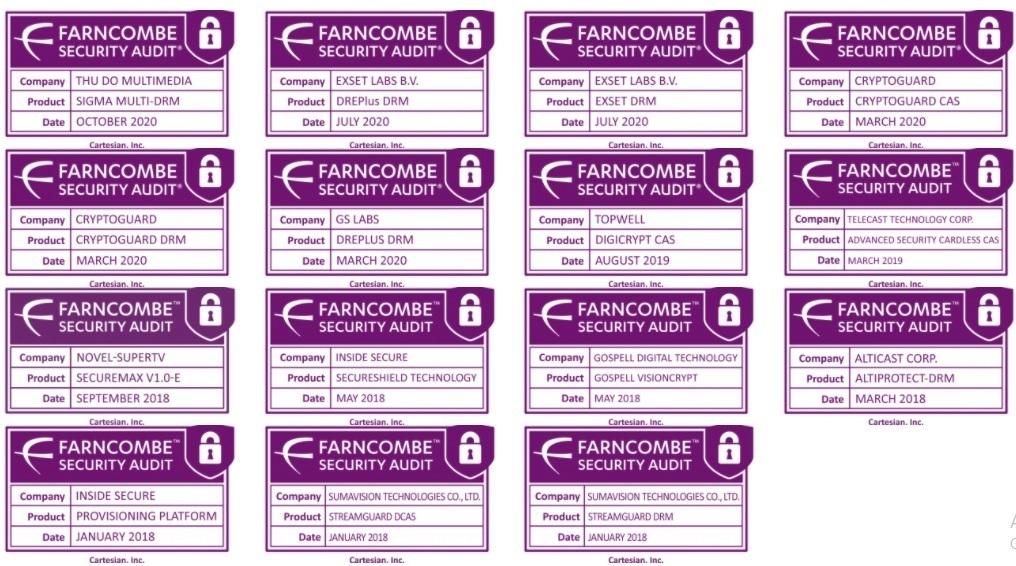
When deploying Sigma DRM solution, businesses will be able to fully manage educational OTT courses, businesses can grant rights, allow customization. Allow to limit study time, limit students’ sharing rights outside, limit login accounts or learning devices, etc. All help businesses easily manage “digital assets” in the era of widespread copyright infringement.
Read more: Sigma DRM solution in protecting online courses
4. User-friendly CMS
This is an important advantage for a content management system (CMS) that is designed to be user-friendly and easy to use for system administrators. Thanks to this CMS, administrators can easily upload, edit, organize, and categorize teaching content with just a few steps.
The intuitive interface and powerful management tools save time and simplify the control of learning materials, thereby enhancing the online teaching experience.
5. Real-time video analytics
With a real-time video analytics system, Thu Do Multimedia helps organizations accurately track metrics such as viewing rates, interaction duration, and most popular content sections.
As a result, instructors and administrators can easily grasp the level of participation and effectiveness of each course, and adjust the content if necessary to optimize the learner experience. These analytical reports provide a comprehensive view, helping organizations easily monitor and improve teaching quality.
Now, with our powerful support, businesses can easily start the journey of designing their own leading educational OTT courses, to develop and soon launch on the market. Thu Do Multimedia will gradually plan a long-term strategy for businesses to develop in the field of online course business, the business’s job is to create quality lectures to meet the missing learning needs of students.
Conclusion:
OTT education is an extremely promising industry in the digital age. Let’s conquer this open road with Thu Do Multimedia with extremely necessary solutions for OTT education. Capture the trend of revolutionizing education. Contact us for more detailed advice on OTT solutions now!
Read more: Problems encountered when developing educational OTT




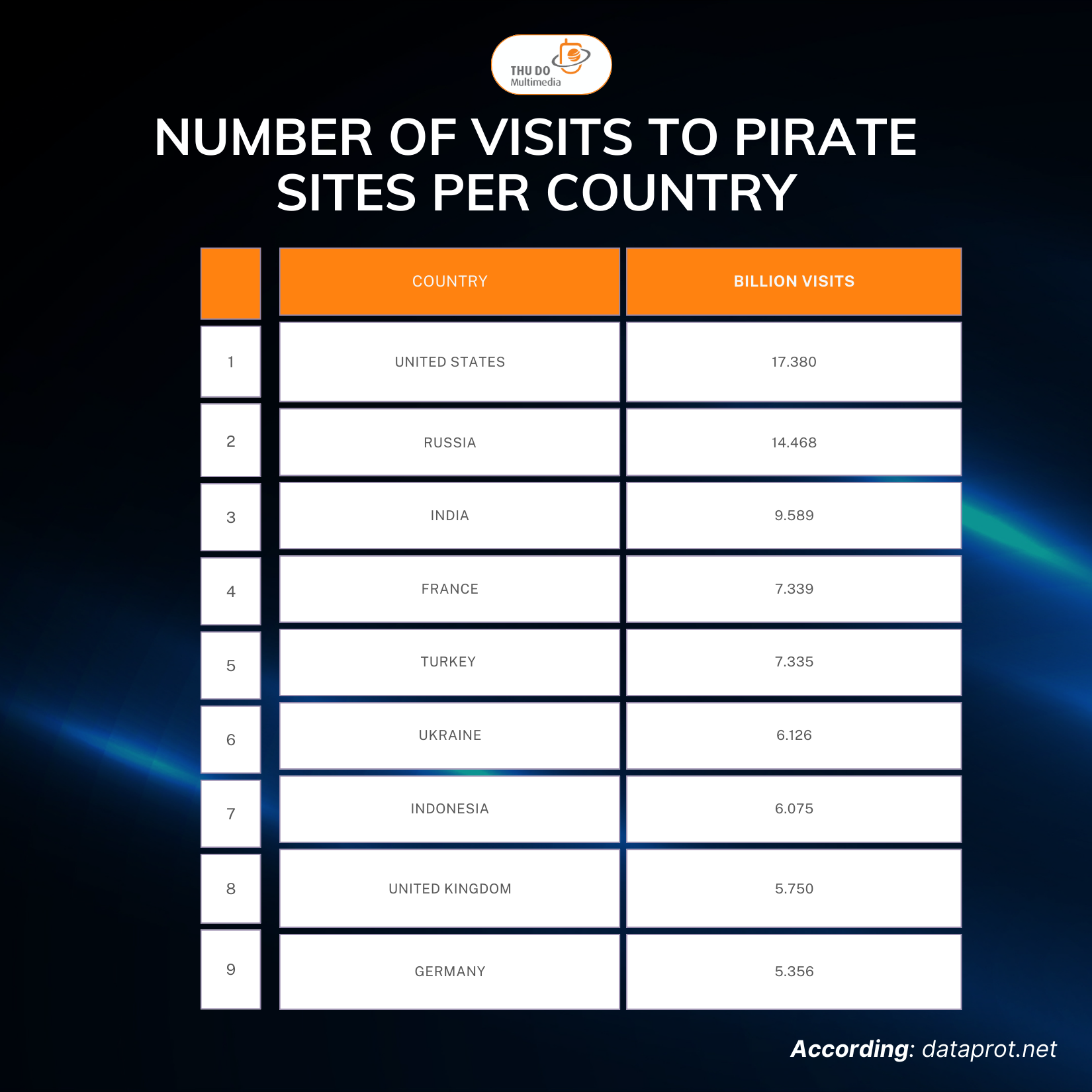
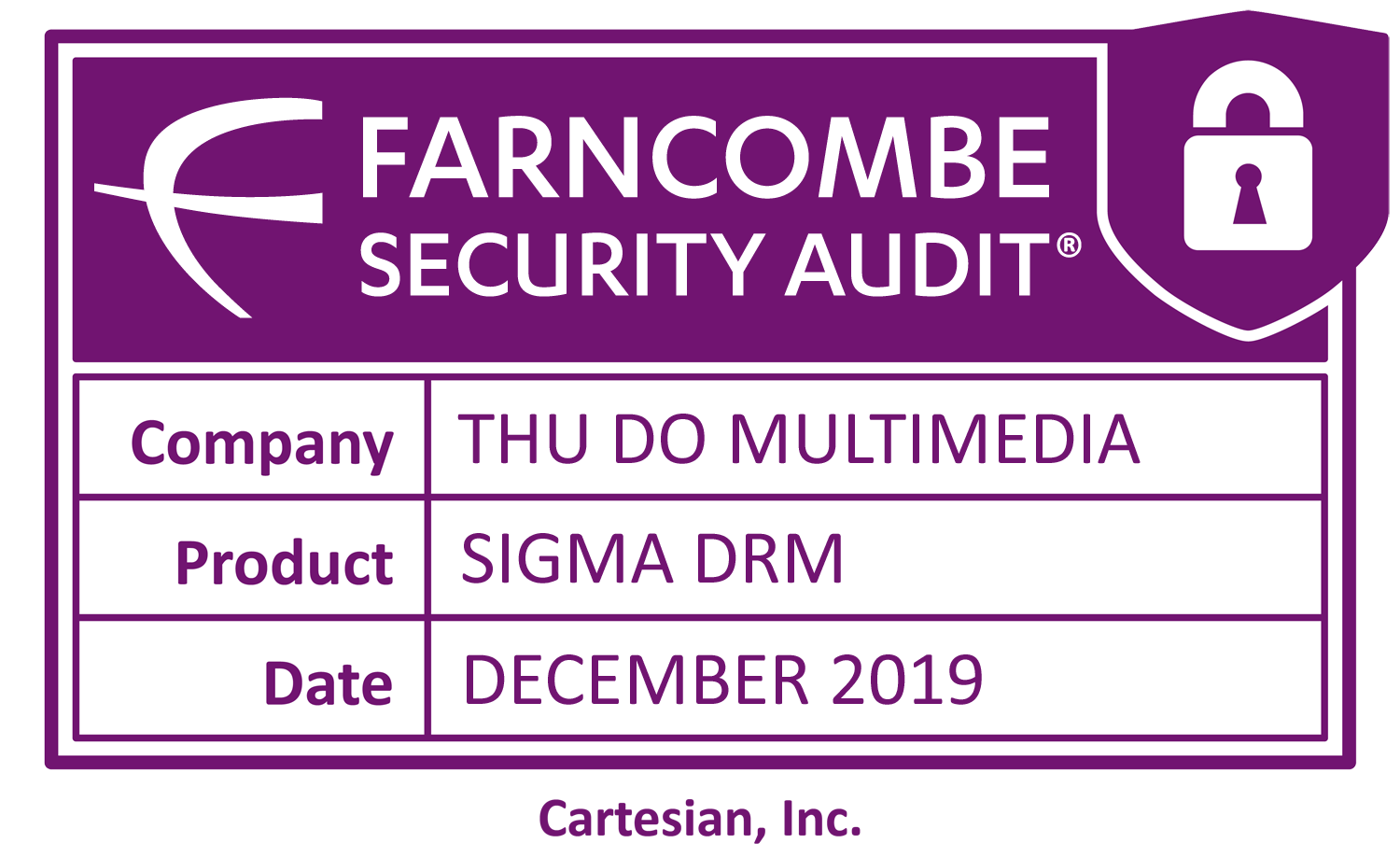












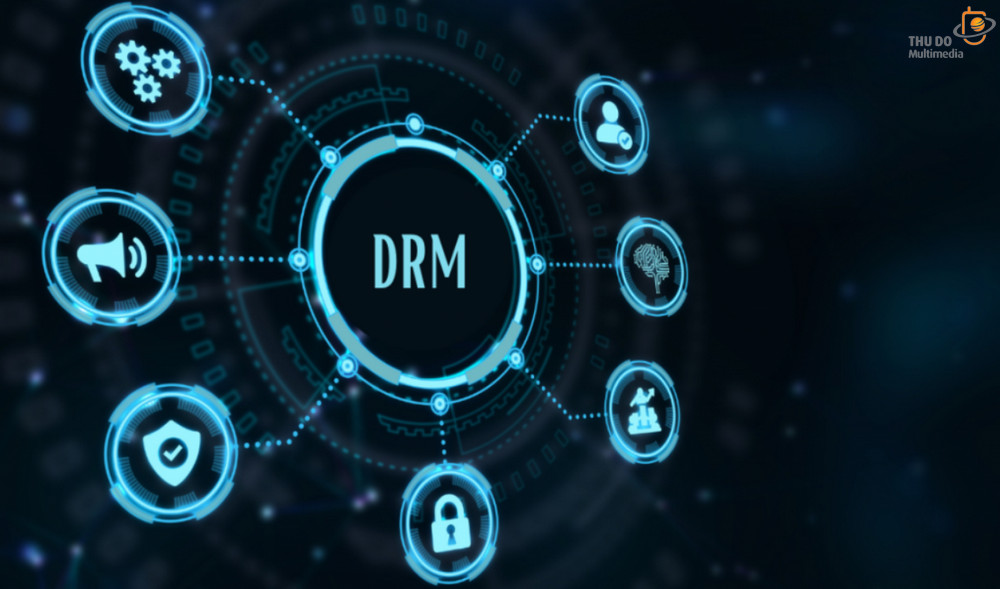
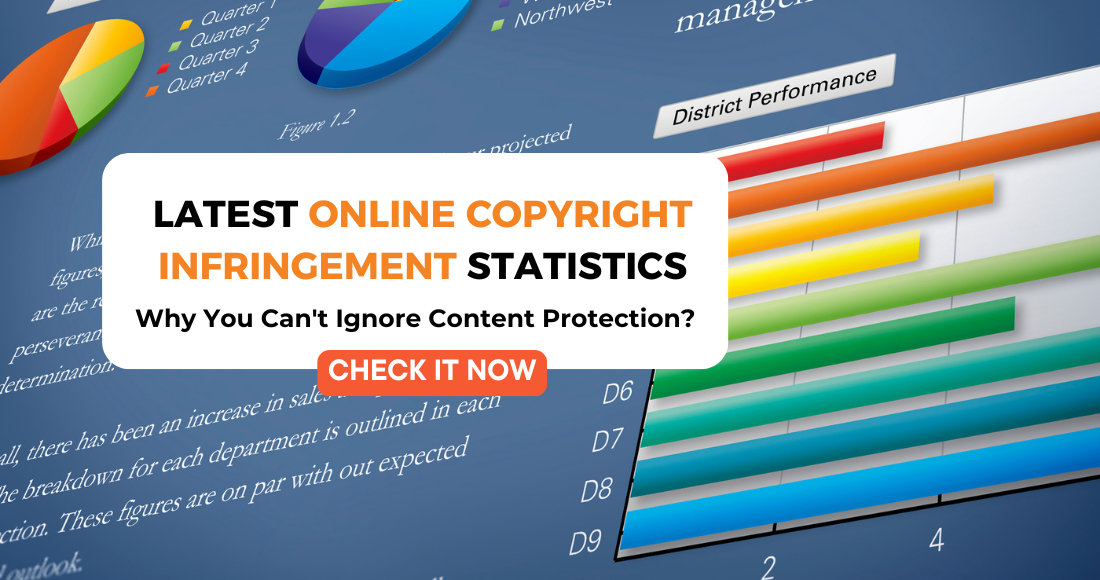
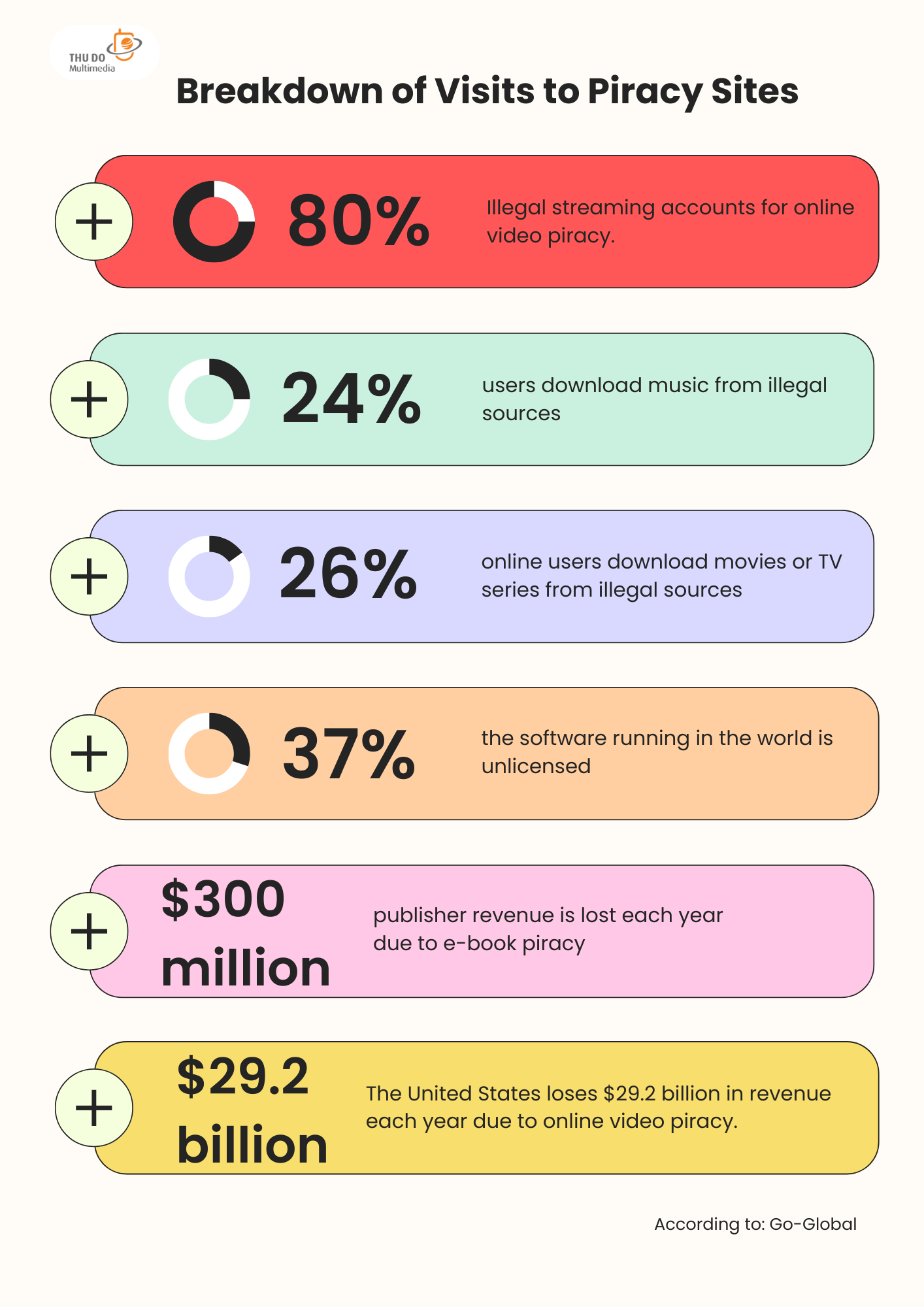
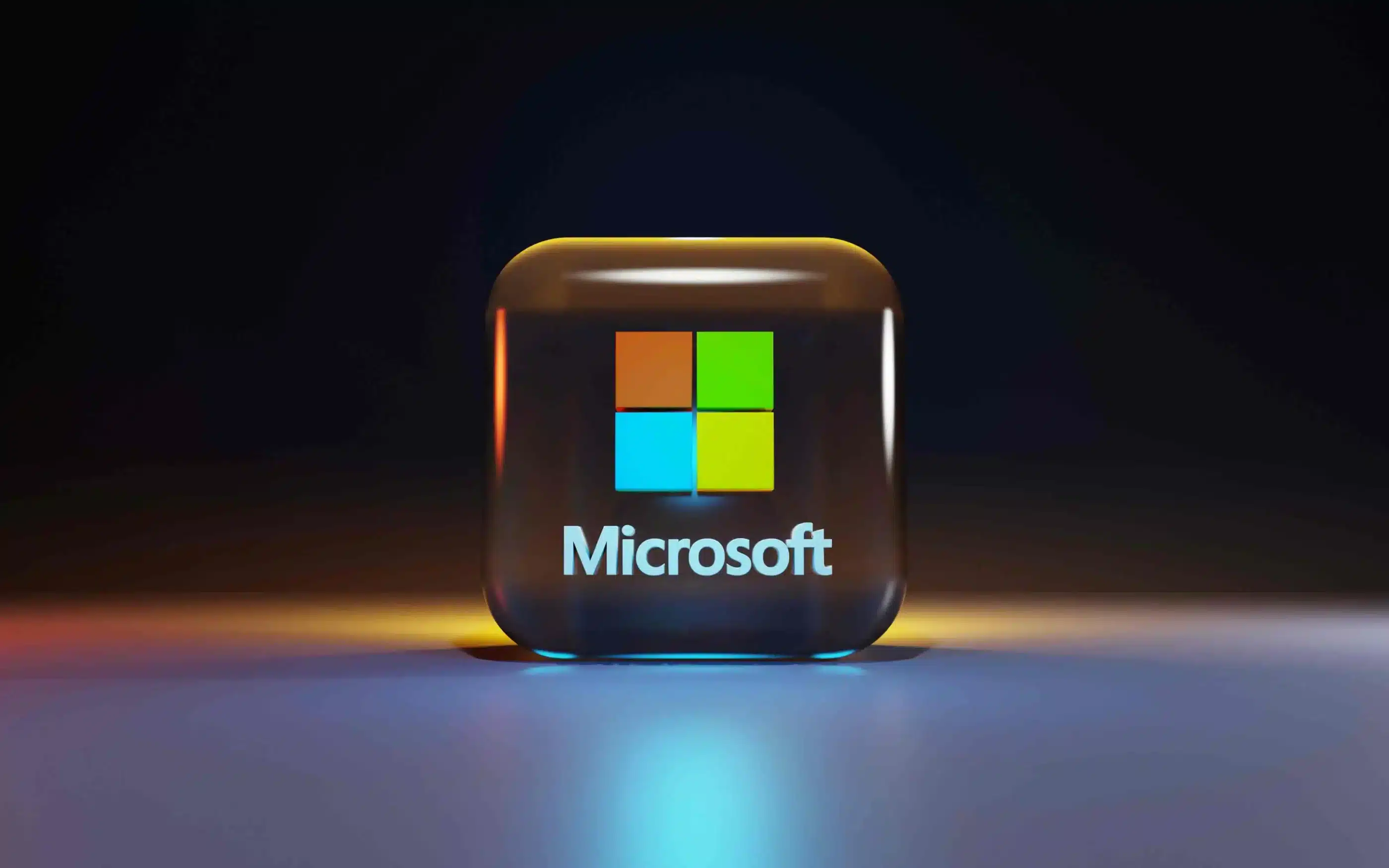
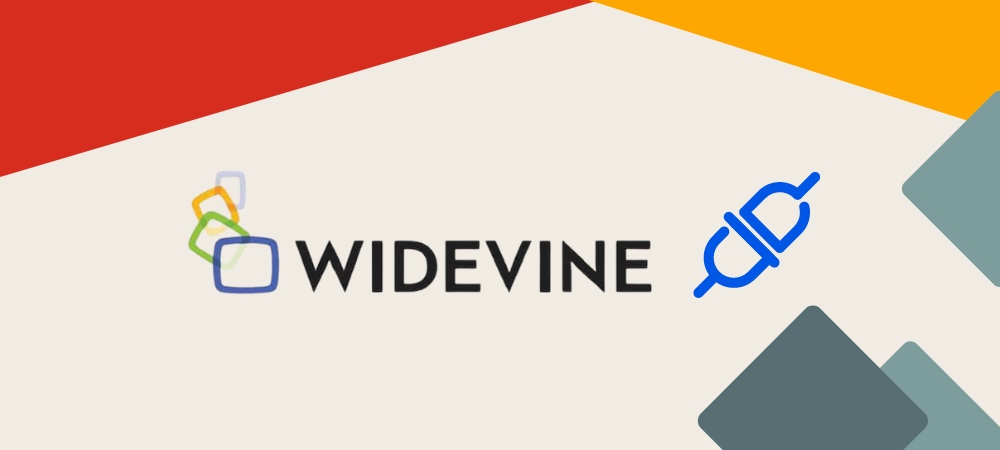
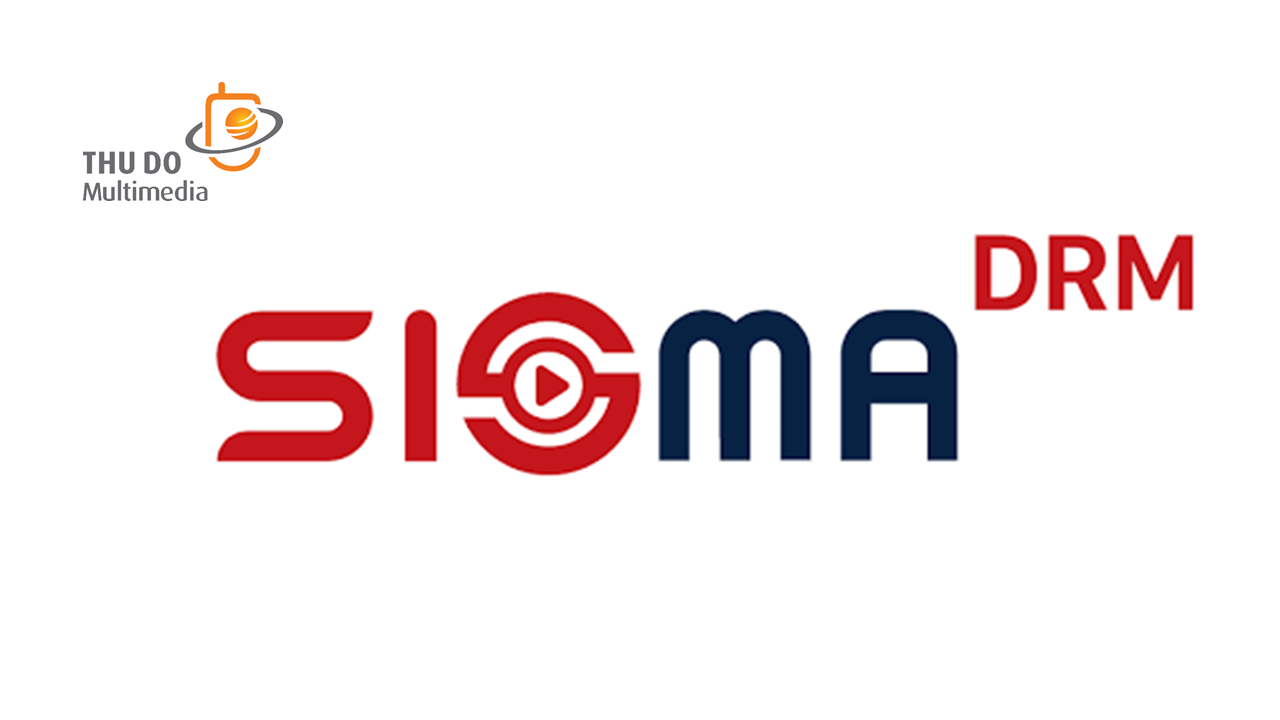
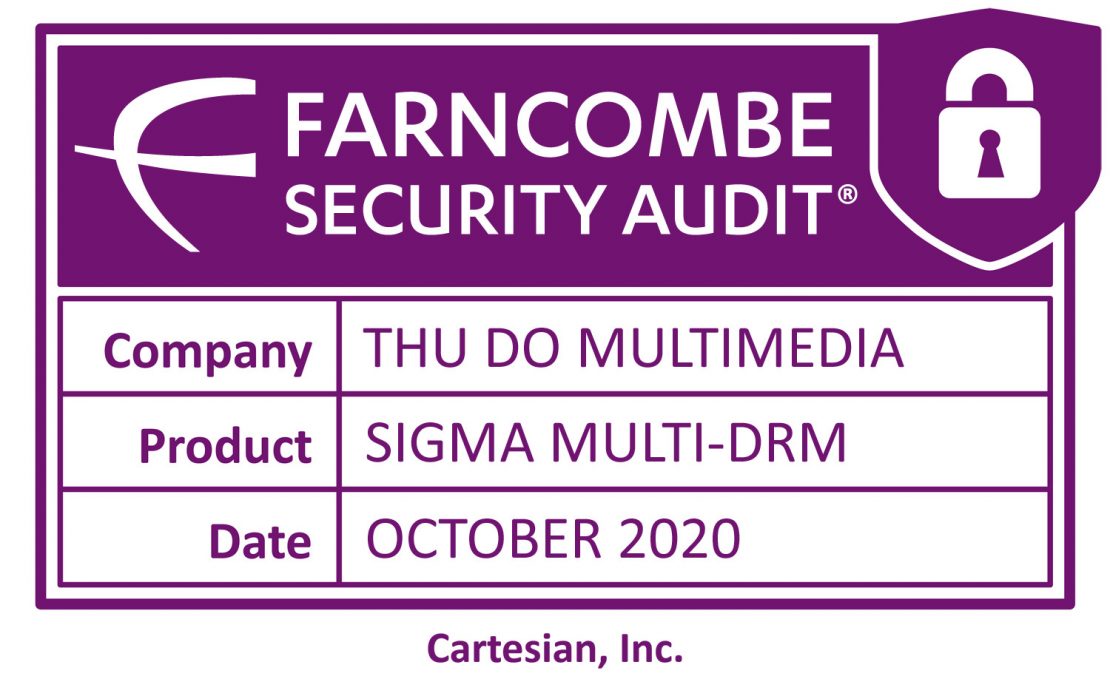
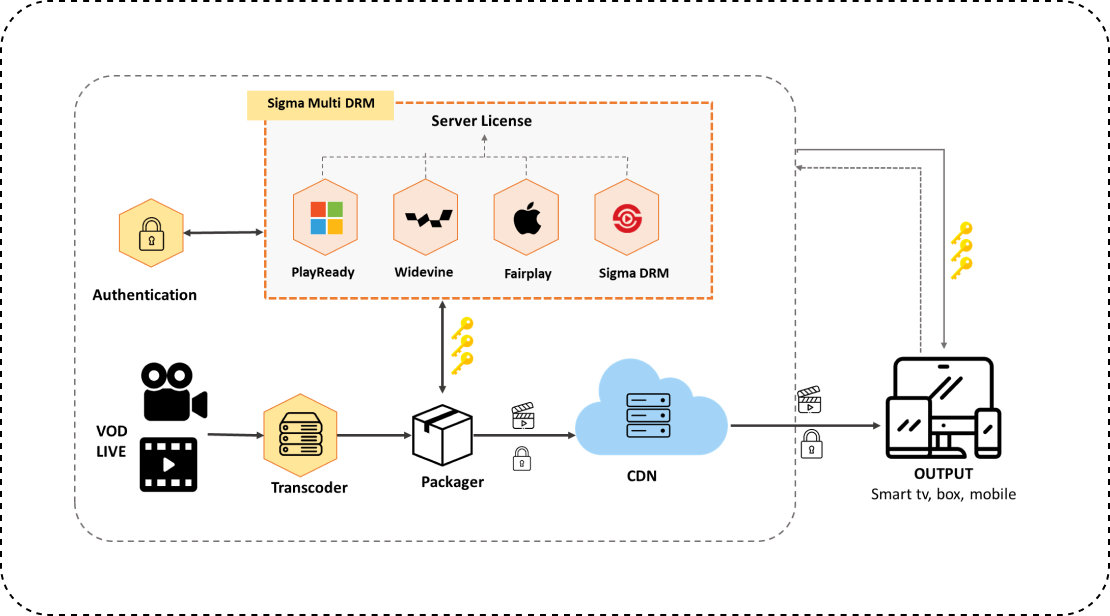

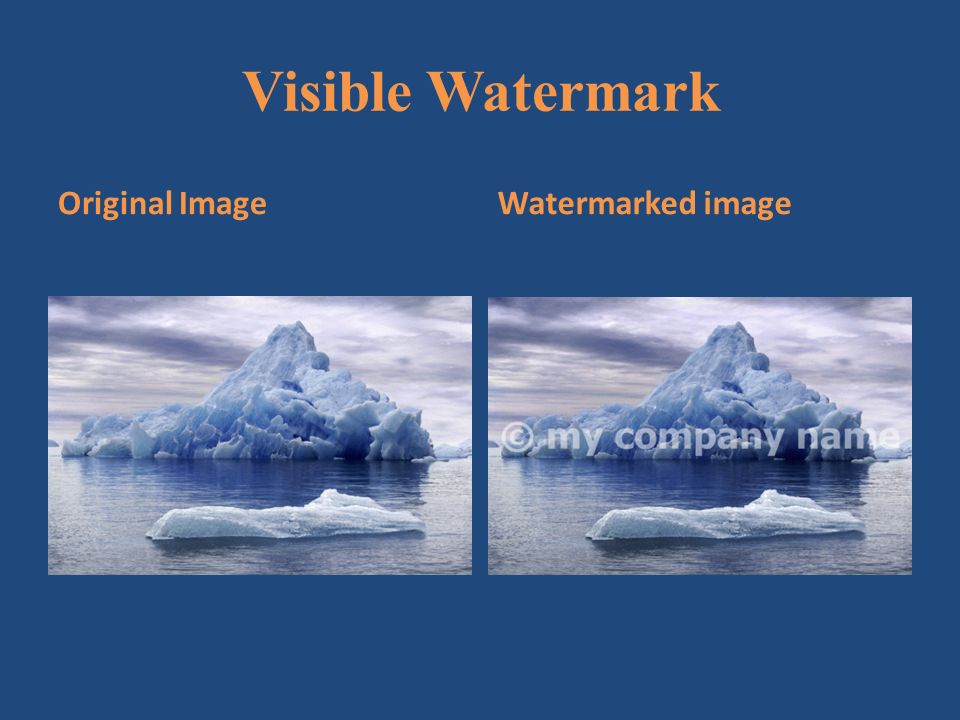
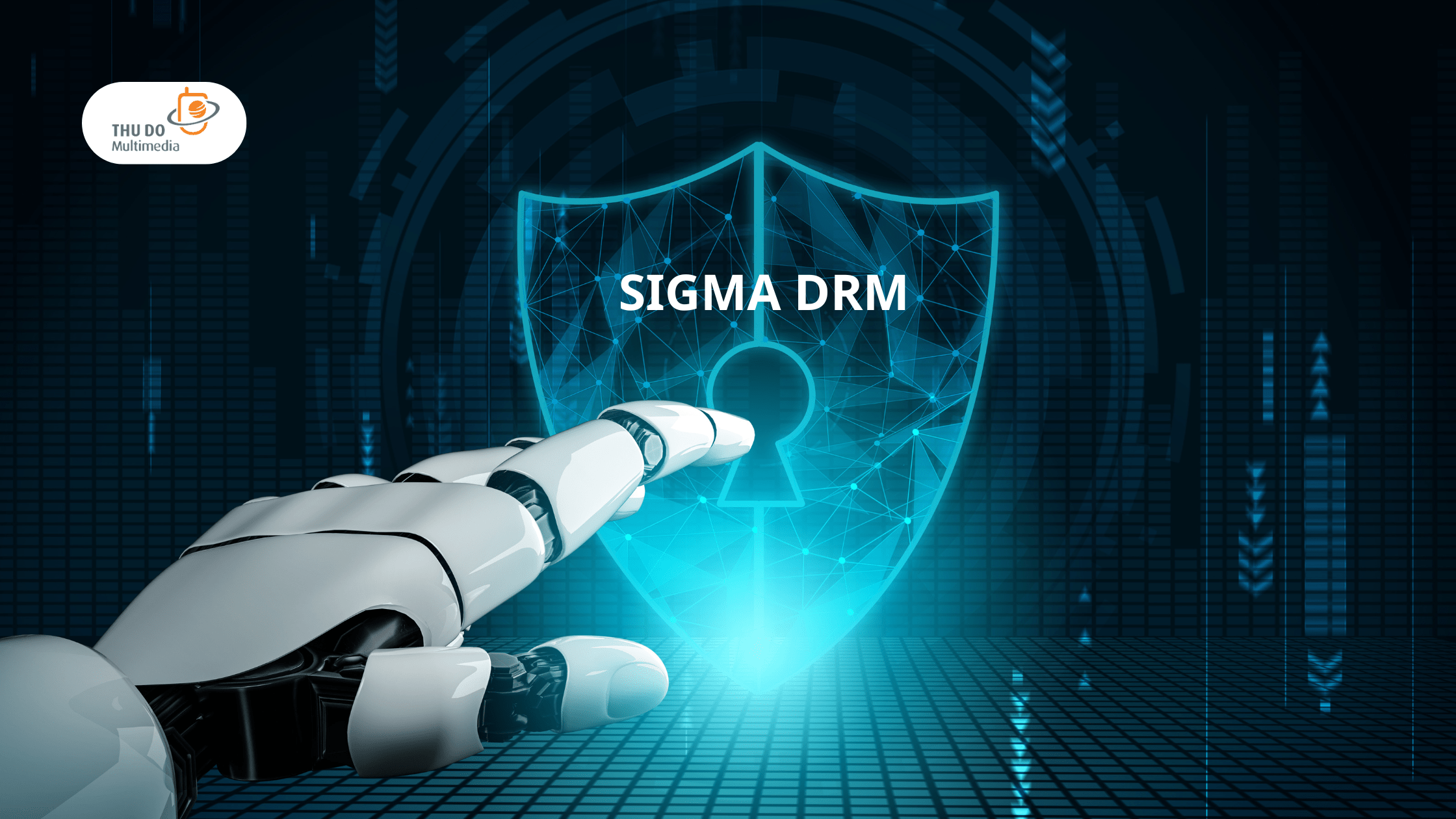

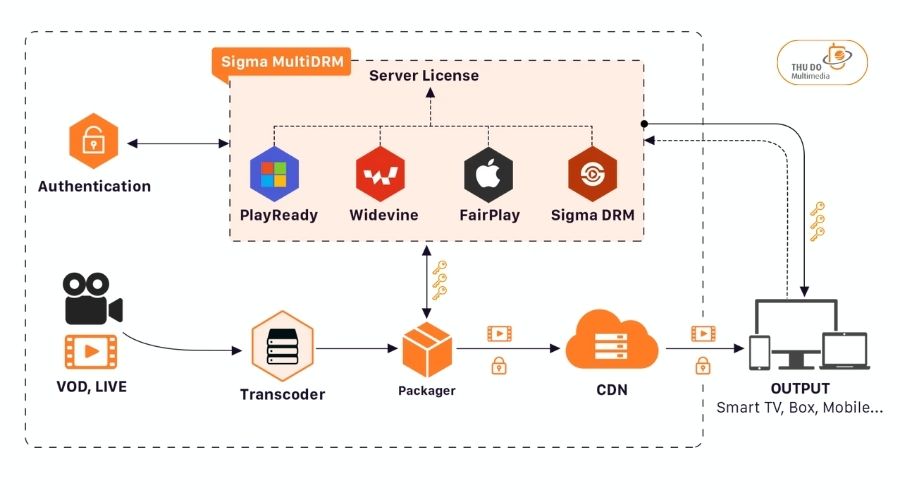
Recent Comments